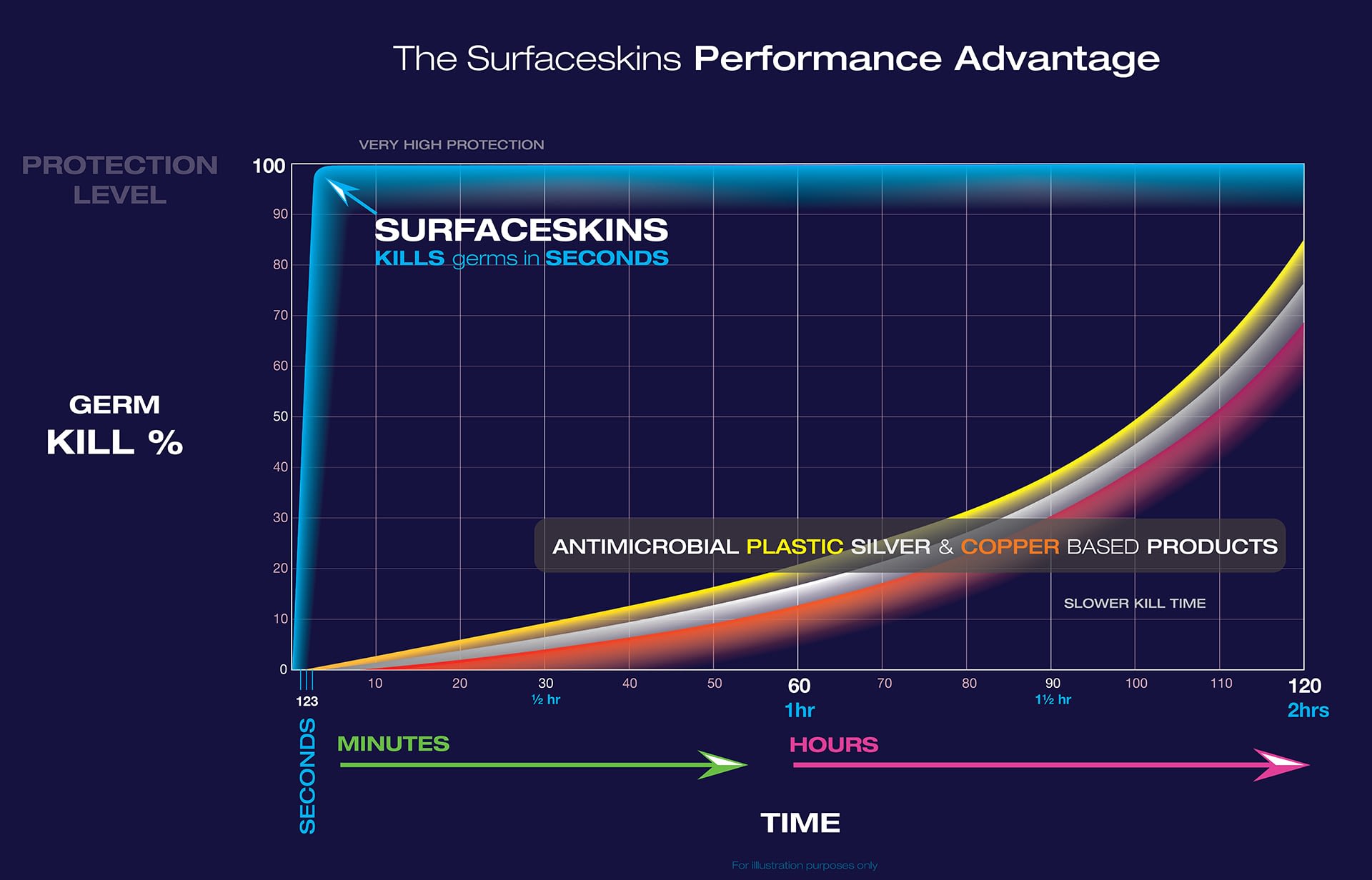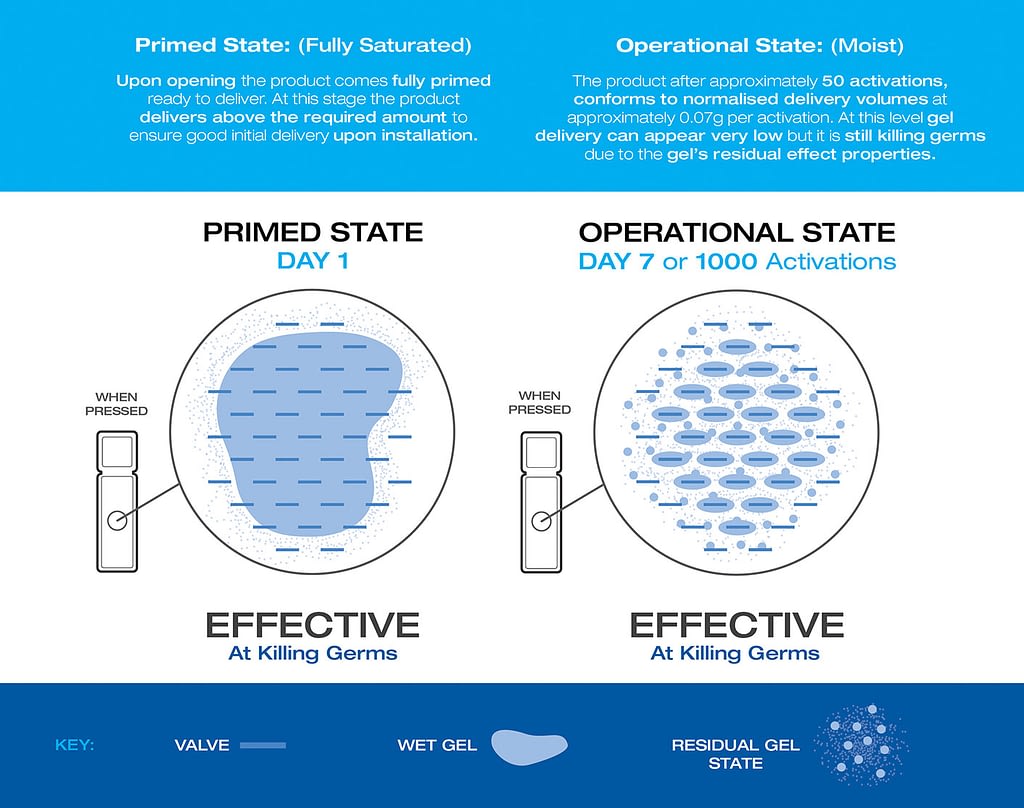Alternative copper, silver & plastic based products can take many hours to achieve a similar germ kill level.
Surfaceskins are door push pads and pull handles which self-clean in the VITAL SECONDS between one USER and the NEXT to help STOP spread of germs.
It only takes one person depositing germs on the door plate to potentially put subsequent users (seconds later), at risk.
To see how Surfaceskins offer ULTIMATE TOUCH PROTECTION click on the “Performance Advantage vs Competitive Products” graph.
Engineered to KILL deposited germs in SECONDS
- KILLS germs in SECONDS
- Alternative copper, silver & plastic based products can take many hours to achieve a similar germ kill level
- Proven in multiple successful In-Vitro Trials, with excellent performance data & two key JOHI study publications
- Promotes existing Infection Control Practices & Proven to increase gel dispenser usage by 80%
- Demonstrates commitment to hygiene & well-being for staff, patients & visitors
- Validated in NHS Laboratory
- Low Cost & Quick and Easy to Install
Surfaceskins Technology
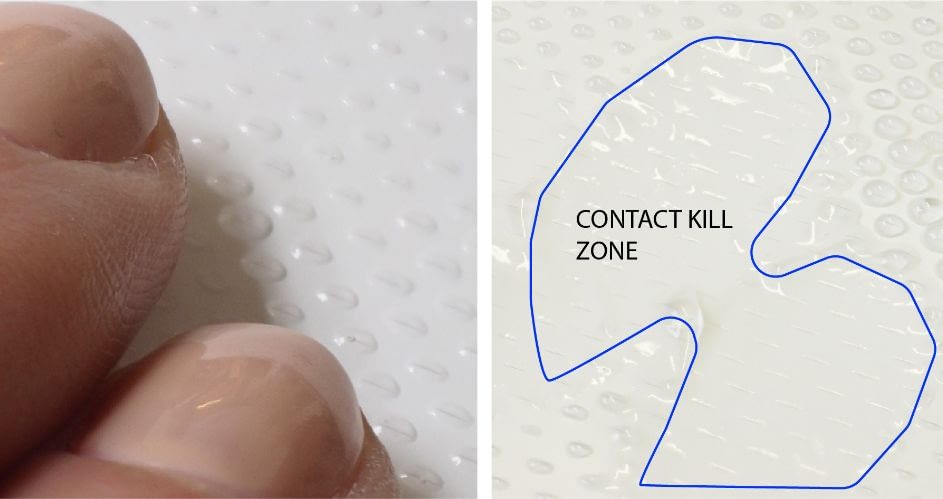


Each time a Surfaceskins push pad is pressed, the micro-valved top sheet releases a small quantity of alcohol gel, to achieve self-cleaning of the top surface in SECONDS.
This is vital as people can pass through a door only seconds apart.
The Performance Advantage: Surfaceskins are engineered to kill deposited germs in the VITAL SECONDS between one user and the next passing through the door, offering each individual maximum protection from previous door users, whilst actively promoting the increased use of alcohol gel dispensers and hand washing. Alternative silver and plastic based products can take many hours to achieve a similar germ kill level.
Surfaceskins solve a serious infection control problem and complement existing gel dispensers and hand cleaning. Hand washing and gel dispensers clean hands, but as soon as you touch a door you risk becoming contaminated from a previous door user. Surfaceskins are NOT designed to clean hands, but are engineered to kill deposited germs in the VITAL seconds between one user and the next passing through the door, thus helping prevent the spread of some of the germs, associated with healthcare associated infections (HAI’s).
The problem
“80% of infections are transmitted by hands” [CDC*]
Multiple people can pass through a door seconds apart. It only takes one person depositing germs on the door plate to potentially put subsequent users seconds later, at risk.
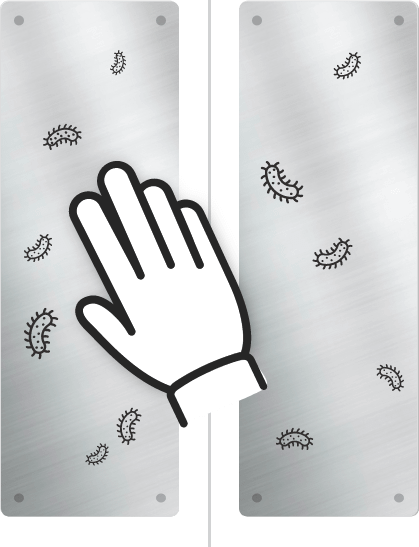





An estimated 5 million Healthcare Associated Infections occur in European acute care hospitals annually, which equates to 25 million extra days of hospital stay with a corresponding economic burden of €13 – 24 billion.*
Hand hygiene compliance by healthcare workers has been shown to be less than 30% in some instances.**
Numerous studies have identified door handles and push plates as prime sources of microbial contamination.***
Although it is possible to reduce germs on standard door handles by cleaning them regularly, even with regular cleaning bacteria were detected on more than 20% of handles examined.
* European Centre for Disease Prevention and Control
** WHO Guidelines on Hand Hygiene in Healthcare
*** Wojgani et al. (2012) PLoS ONE 7(10): e40171.
The solution
A product which provides a self-cleaning surface in SECONDS, when pressed by the user, to stop the spread of germs.
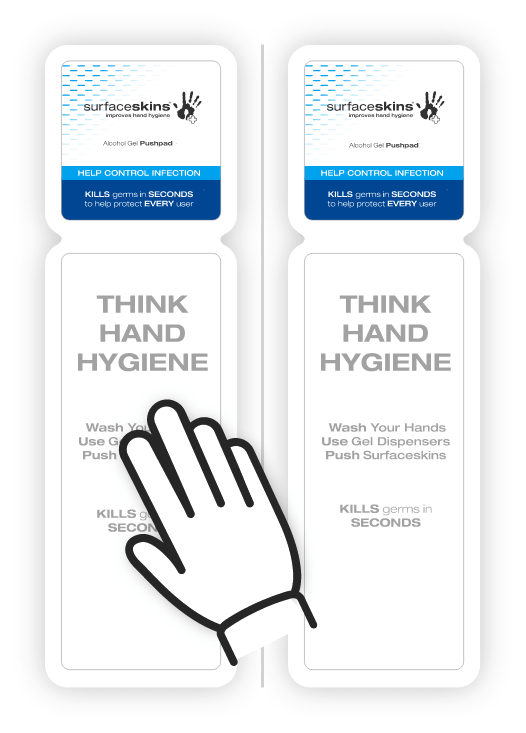





Surfaceskins are door push pads and pull handles engineered to self-clean in the vital seconds, between one user and the next passing through the door, to help prevent the spread of germs.
Surfaceskins have been developed in collaboration with key international infection control experts and material scientists to specifically help reduce the transmission of germs from repeated door contact.
NHS and other independent laboratory tests have demonstrated that Surfaceskins products kill most harmful germs quickly and effectively.
Surfaceskins door pushpads have been tested to 1000 activations, after this they can be easily replaced by snap-fitting a new push pad into the holster, to ensure maximum continued protection.
How it works
Surfaceskins fit over existing push plates or surfaces in seconds, via a holster. When pressed they secrete alcohol gel to self-clean in seconds.
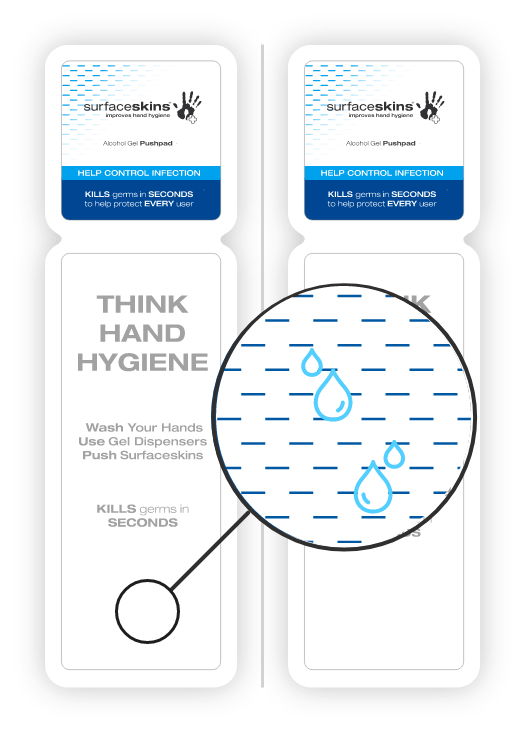


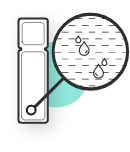


Simply fit the Surfaceskins holster over the existing push plate or surface, then snap in Surfaceskins push pad.
When a user presses the push pad the contact surface releases a small quantity alcohol gel to the top surface allowing the product to self-clean in seconds ready for the next user. This helps stop the spread of germs.
For full details regarding the product’s effective states, please refer to the Operational Mode of Action section below. Each pushpad is engineered to last 1000 activations and is then simply replaced. The products snap fit into a custom holster, which remains on the door.
Surfaceskins also provide a high visibility platform to help promote existing hand gel dispensers and Hand washing and have a proven beneficiary link of up to 80%. Key health care campaign messages or 3rd party branding.
The Performance Advantage: Surfaceskins are engineered to kill germs in seconds. Alternative silver & plastic based products can take many hours to achieve a similar germ kill level.
Performance Data
& JOHI Publications
Scientific Talk by Professor Mark Wilcox:
The Potential of Surfaceskins:
Professor Mark Wilcox’s talk at the 2018 Health + Care Trade Show in London entitled: The Potential of Alcohol release door plates to reduce surface contamination during hand contact: A Surfaceskins Study.
Journal of Hospital Infection [JOHI] Studies on Surfaceskins.
JOHI Publication 1:
Efficacy Study to show the Potential of Alcohol release door plates to REDUCE surface contamination during hand Contact. co-written by Professor Mark Wilcox.
JOHI Publication 2:
Study to show that Surfaceskins INCREASES hand hygiene compliance & awareness by 80%.
Surfaceskins have been successfully validated by numerous in vitro trials including NHS laboratories and internationally renowned microbiology research organisations.
In these trials, push pads were deliberately contaminated by contaminated fingertips, then the touched areas were tested sixty seconds after being contaminated.
Trials have compared Surfaceskins against combinations of antimicrobial copper and aluminium door plates with E.coli, E.faecilis, Salmonella enterica, Staphylococcus aureus, and feline calcivirus (a surrogate for human norovirus).
After seven days of repeated testing, Surfaceskins were consistently found to be much more effective at reducing contamination – showing over a 90% drop in colony forming units in the majority of tests.
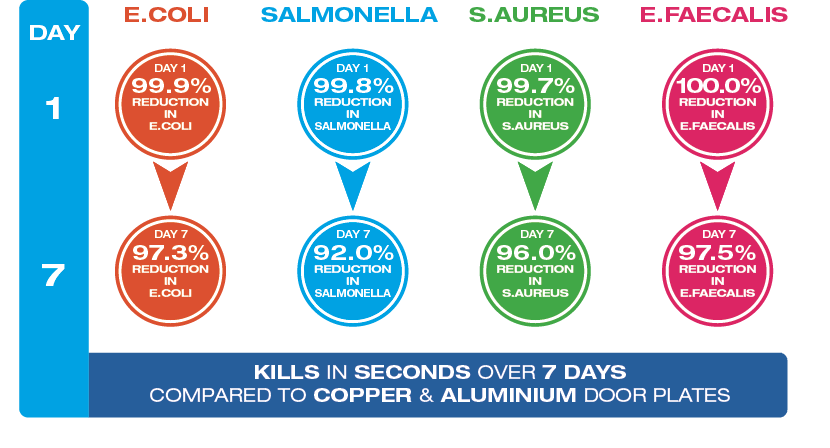


Effectiveness / Mode of Action
Operating Mode of Action
Surfaceskins work by releasing a small amount of gel under the fingers and hands when pressed by door users, which immediately self-cleans the area touched.
The amount of gel released is very small at approx. 0.07g which has been proven in repeated NHS Laboratory trials to be enough to self-disinfect the product where it was touched. To give a comparison; the volume of gel required to self-clean the Surfaceskin is 0.07g. A teaspoon of gel is 5.9g. So, in one teaspoon full of gel there is enough gel to self-clean a Surfaceskins product 80 times.
The reason the gel required is so low is because alcohol gel has what is called a high ‘residual effect’ meaning even a tiny amount of gel provides protection.
In short, upon opening, the push pads initially deliver slightly more alcohol gel, this is known as the “Primed State”, as they come pre-primed and ready for use. Then after approximately 50 activations the push pads conform to normalized lower delivery volumes, reaching their “Operational State”. In both Primed and Operational States, the push pads are effective at killing germs.

